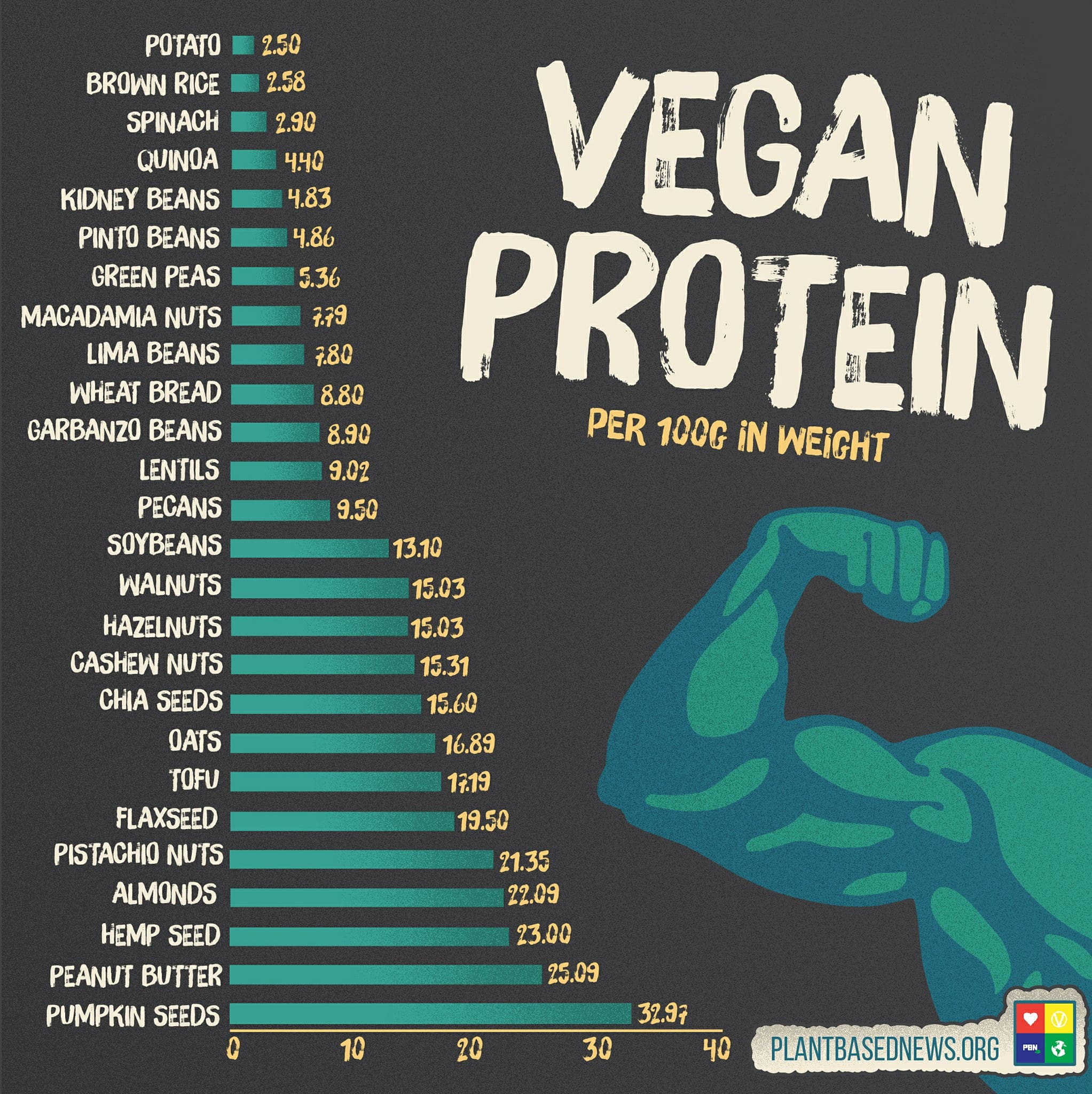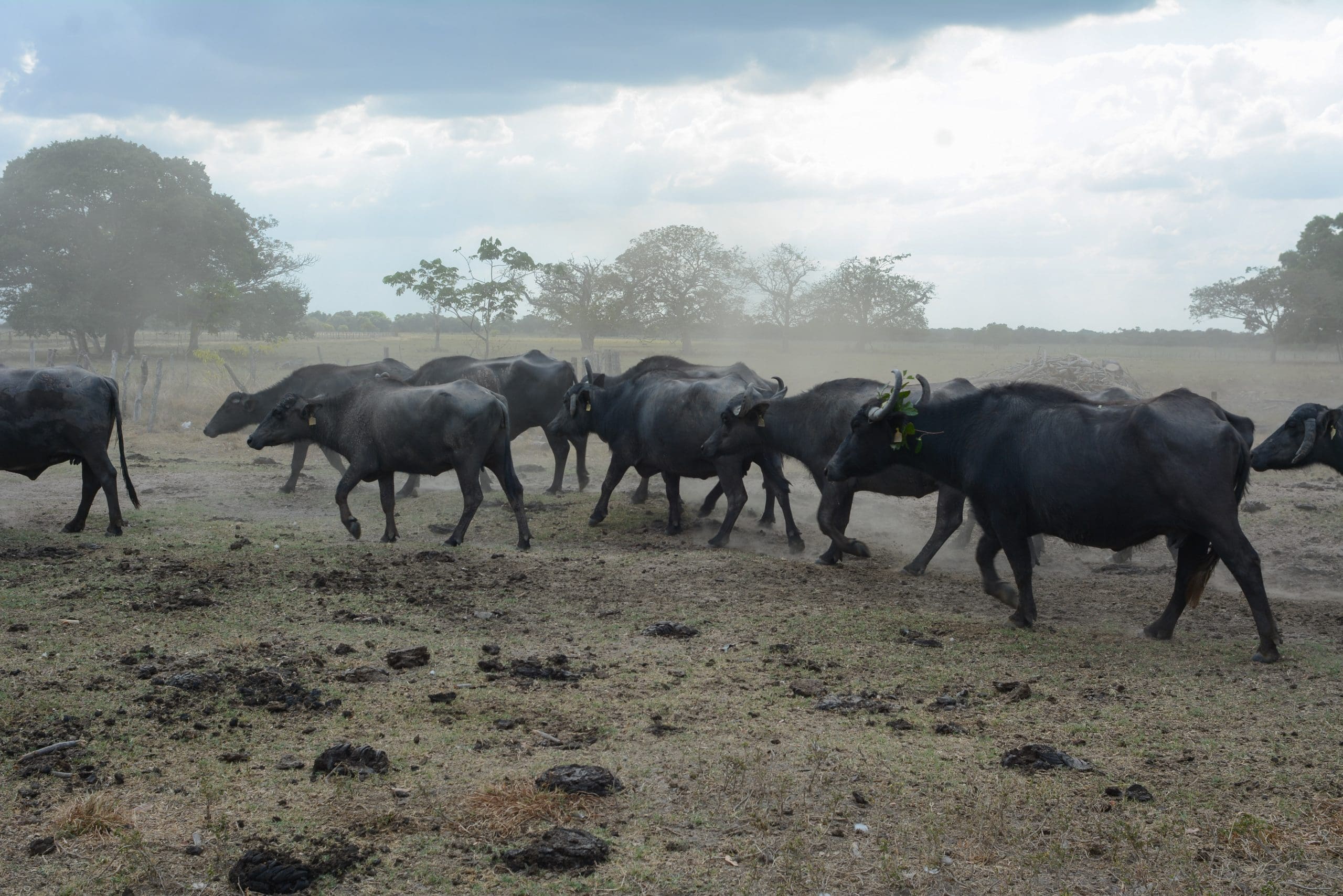In recent years, there has been a growing awareness and concern over the environmental impact of traditional meat and dairy production. From greenhouse gas emissions to deforestation and water pollution, the livestock industry has been identified as a major contributor to the current global climate crisis. As a result, consumers are increasingly looking for alternative options that can mitigate the harmful effects of their food choices on the planet. This has led to a rise in popularity of plant-based and lab-grown alternatives to traditional animal products. But with so many options available, it can be overwhelming to determine which alternatives are truly sustainable and which are simply greenwashed. In this article, we will delve into the world of alternative meat and dairy products, exploring their potential to create a more sustainable future for our planet. We will examine the environmental impact, nutritional value, and taste of these alternatives, as well as their accessibility and affordability, to help consumers make informed and sustainable choices when it comes to their diet.
Plant-based diets: a sustainability solution
In recent years, there has been a growing awareness of the environmental impacts of traditional meat and dairy production. This has led to an increased interest in plant-based diets as a sustainable solution. Plant-based diets, which primarily consist of fruits, vegetables, legumes, grains, and nuts, have been shown to have a lower carbon footprint compared to diets that include meat and dairy products. The production of meat and dairy contributes significantly to deforestation, greenhouse gas emissions, and water pollution. In contrast, plant-based diets require less land, water, and resources to produce, making them a more sustainable option for feeding a growing global population. Additionally, plant-based diets have been associated with numerous health benefits, including reduced risk of chronic diseases such as heart disease and certain types of cancer. By exploring alternatives to traditional meat and dairy products, we can pave the way for a more sustainable future while promoting better health for individuals and the planet.

Rethinking protein sources: beyond meat
As we continue to explore alternatives to traditional meat and dairy products for a more sustainable future, one innovation that has gained significant attention is Beyond Meat. Beyond Meat offers plant-based protein products that aim to replicate the taste and texture of traditional meat, providing a viable alternative for those seeking to reduce their consumption of animal products. Beyond Meat’s products are made from a combination of plant-based ingredients, such as pea protein, rice protein, and various spices and seasonings. What sets Beyond Meat apart is its ability to create products that closely resemble the taste and texture of meat, making it an appealing option for individuals who are looking to transition to a more plant-based diet. With its growing popularity and availability in various restaurants and grocery stores, Beyond Meat is encouraging a shift towards sustainable protein sources that are not only better for the environment but also for personal health. By embracing innovations like Beyond Meat, we can effectively rethink our protein sources and contribute to a more sustainable and ethical food system.

The rise of dairy alternatives
The rise of dairy alternatives is another significant development in the exploration of sustainable food options. With increasing concerns about environmental impact and animal welfare, many consumers are looking for alternative products that can replace traditional dairy items. Plant-based milk alternatives, such as almond milk, soy milk, and oat milk, have become increasingly popular due to their lighter carbon footprint and perceived health benefits. These alternatives are often fortified with essential vitamins and minerals to provide a comparable nutritional profile to cow’s milk. Additionally, advancements in food technology have allowed for the creation of dairy-free products like vegan cheeses and yogurts that closely mimic the taste and texture of their dairy counterparts. As more people embrace these dairy alternatives, we are witnessing a shift towards a more sustainable and compassionate food industry.
Environmental impact of traditional farming
Traditional farming practices have had significant environmental impacts. One of the primary concerns is the extensive use of chemical fertilizers and pesticides, which can contaminate soil, water sources, and surrounding ecosystems. These chemicals contribute to water pollution, harming aquatic life and potentially affecting human health. Additionally, conventional agriculture often involves large-scale deforestation to create space for crops and livestock, leading to habitat loss and biodiversity decline. The intensive use of water resources for irrigation in traditional farming can also contribute to water scarcity in regions already facing water stress. Furthermore, the emission of greenhouse gases from livestock production in traditional farming contributes to climate change, exacerbating global warming. These environmental challenges highlight the urgent need to explore alternative and more sustainable approaches to food production.

Health benefits of plant-based products
The adoption of plant-based products offers numerous health benefits that contribute to a more sustainable future. Plant-based diets are naturally rich in fiber, vitamins, minerals, and antioxidants, which play vital roles in supporting overall health and well-being. By incorporating a variety of plant-based foods such as fruits, vegetables, whole grains, legumes, and nuts, individuals can benefit from reduced risks of chronic diseases such as cardiovascular disease, type 2 diabetes, and certain types of cancer. Plant-based diets have also been associated with lower levels of cholesterol and blood pressure, promoting a healthier cardiovascular system. Moreover, plant-based products are typically lower in saturated fat and cholesterol, making them a favorable choice for those aiming to maintain a healthy weight and manage their cholesterol levels. With these health advantages, the shift towards plant-based products not only supports personal well-being but also contributes to a more sustainable and environmentally friendly food system.
Innovative technology in food production
Innovative technology in food production has revolutionized the way we approach sustainability and address the increasing demand for alternative meat and dairy products. Through advancements in cultivation methods, precision agriculture techniques, and biotechnology, we can now cultivate plant-based proteins and develop lab-grown alternatives that closely mimic the taste and texture of traditional meat and dairy products. This groundbreaking technology allows for the production of these alternatives on a large scale, reducing the reliance on animal agriculture and its associated environmental impacts. Additionally, innovative processing methods such as extrusion and fermentation enable the creation of plant-based products with enhanced nutritional profiles and improved sensory attributes. These advancements in food production technology not only offer consumers more sustainable choices but also pave the way for a future where we can meet global food demands while minimizing our ecological footprint.
Sustainable choices for a greener tomorrow
In our pursuit of a greener tomorrow, it is essential to embrace sustainable choices that can make a significant impact on the environment. By prioritizing sustainable practices, we can contribute to reducing greenhouse gas emissions, conserving natural resources, and protecting biodiversity. Making conscious decisions such as opting for locally sourced and organic produce, reducing food waste, and embracing a plant-based diet can have a profound positive effect on the planet. Additionally, choosing renewable energy sources, practicing eco-friendly transportation methods, and embracing circular economy principles can further contribute to a greener future. Together, these sustainable choices can create a ripple effect, inspiring others to adopt environmentally friendly practices and paving the way for a more sustainable and harmonious world.
In conclusion, the demand for sustainable and ethical food options is growing, and it is important for consumers to consider the impact of their food choices on the environment. By exploring alternatives to traditional meat and dairy products, such as plant-based options and locally sourced products, we can work towards a more sustainable and ethical future for our food industry. It is up to each individual to make mindful and informed decisions when it comes to their diet, and together, we can make a positive difference for our planet. Let us continue to explore and support sustainable food options for the betterment of our planet and future generations.

FAQ
What are some alternative sources of protein that can replace traditional meat products?
Some alternative sources of protein that can replace traditional meat products include plant-based proteins such as tofu, tempeh, seitan, lentils, beans, chickpeas, and quinoa. There are also alternative meat products made from soy, peas, or mushrooms, which mimic the taste and texture of meat. Additionally, nuts, seeds, and certain dairy products like Greek yogurt and cottage cheese can also be good sources of protein.
How do plant-based milk alternatives compare to dairy milk in terms of nutritional value and environmental impact?
Plant-based milk alternatives, such as almond, soy, and oat milk, can be comparable to dairy milk in terms of nutritional value, as they often contain similar amounts of protein, vitamins, and minerals. However, the nutritional profile can vary depending on the specific product and brand. In terms of environmental impact, plant-based milk alternatives generally have a lower carbon footprint and require less water and land compared to dairy milk production. Additionally, they do not contribute to issues such as deforestation or methane emissions associated with the dairy industry. Therefore, plant-based milk alternatives can be a more sustainable and ethical choice.
Are lab-grown or cultured meat products a viable alternative to traditional meat production? What are the potential benefits and challenges?
Lab-grown or cultured meat products have the potential to be a viable alternative to traditional meat production. They offer several benefits, including reduced environmental impact, elimination of animal cruelty, and potential to address food security issues. Challenges, however, include high production costs, technological limitations, consumer acceptance, and regulatory hurdles. Despite these challenges, ongoing research and advancements in the field suggest that lab-grown meat could become a feasible and sustainable option in the future.
What role can insects play in providing a sustainable source of protein? Are there any cultural or regulatory barriers to their adoption?
Insects can play a significant role in providing a sustainable source of protein due to their high nutritional value and low environmental impact. They are rich in protein, vitamins, and minerals, and require less land, water, and feed compared to traditional livestock. However, there are cultural barriers to their adoption in many Western countries, where insects are not commonly consumed. Additionally, regulatory barriers exist, as insects are not yet widely recognized as a food source in some regions, leading to restrictions and challenges in their production and sale. Overcoming these cultural and regulatory barriers is essential for the widespread acceptance and adoption of insects as a sustainable protein source.
How can the development and adoption of alternative meat and dairy products contribute to reducing greenhouse gas emissions and mitigating climate change?
The development and adoption of alternative meat and dairy products can contribute to reducing greenhouse gas emissions and mitigating climate change in several ways. Firstly, these alternatives, such as plant-based meats and non-dairy milks, have a much lower carbon footprint compared to traditional animal products. The production of plant-based foods requires fewer resources, emits fewer greenhouse gases, and reduces deforestation associated with animal agriculture. Secondly, by shifting towards alternative products, there is a potential decrease in methane emissions from livestock, which is a potent greenhouse gas. Lastly, the increased availability and popularity of these alternatives can lead to a decrease in demand for animal products, ultimately reducing the environmental impact of the agricultural industry.















































